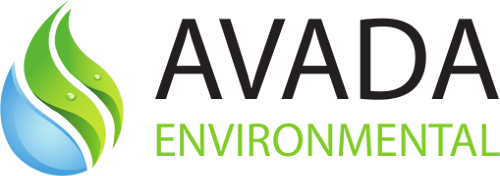The standard, which came into effect in 2019, establishes a new scope specifically for domestic applications. It applies to installations with an output not exceeding 70kW and oil storage not exceeding 3500 litres. This standard is relevant for both existing installations as well as new and replacement ones, emphasising the importance of formally notifying customers of any deficiencies found during inspections.
For non-domestic installations and those at domestic premises with outputs exceeding 70kW, BS 5410 Part 2 2018 should be referred to instead.
BS 5410 Part 1 2019 is comprehensive, covering installations that use liquid fuels for domestic heating and hot water purposes. This includes fuels such as kerosene, bio-liquids, and blends like OFTEC’s B30K. The standard outlines several critical points:
- Responsibilities and Advice: It clarifies the responsibilities of individuals involved in installing appliances and systems, as well as those performing service and commissioning tasks. It also specifies how engineers should advise householders when problems are identified.
- Safety Recommendations: The standard recommends the installation of CO detector alarms, even in existing setups, to enhance safety measures. It also endorses HHIC guidance concerning the disposal of condensate pipework.
- Oil Storage: For oil storage, the standard recommends the use of integrally bunded oil storage tanks, which are designed to vent the bund to the atmosphere permanently. These tanks should have a minimum clearance of 300mm for visual inspections and 600mm for physical access.
- Secondary Containment: All oil storage tanks are required to have secondary containment. If they lack this feature, they should be flagged as a potential or immediate risk, with formal notification to the customer and a warning sticker affixed.
- Oil Supply Lines: Plastic ancillary equipment, such as filter bowls or deaerators, should not be used in oil supply lines. If these lines are inaccessible or hidden, preventing visual inspection, they should be pressure tested at least every five years.
- Training and Registration: The standard mandates that service and commissioning engineers must undergo manufacturer-specific product type training before working on new technologies, such as blue flame burners, two-stage burners, and modulating burners. Additionally, all engineers should be registered with an approved oil registration scheme, such as OFTEC.
Given the significant changes introduced by this new industry standard, it is strongly recommended that all professionals involved in the manufacturing, specification, design, installation, service, and commissioning of oil-fired equipment obtain a copy of the standard. Reviewing it thoroughly against the products, goods, and services they offer is crucial to ensure compliance and to uphold industry standards.
Adherence to this standard is essential as it is the benchmark against which the industry is measured, especially in the event of any civil actions or claims. The standard can be purchased from the BSI shop, and the direct link to obtain it is provided here: BSI Shop – BS 5410 Part 1 2019.
